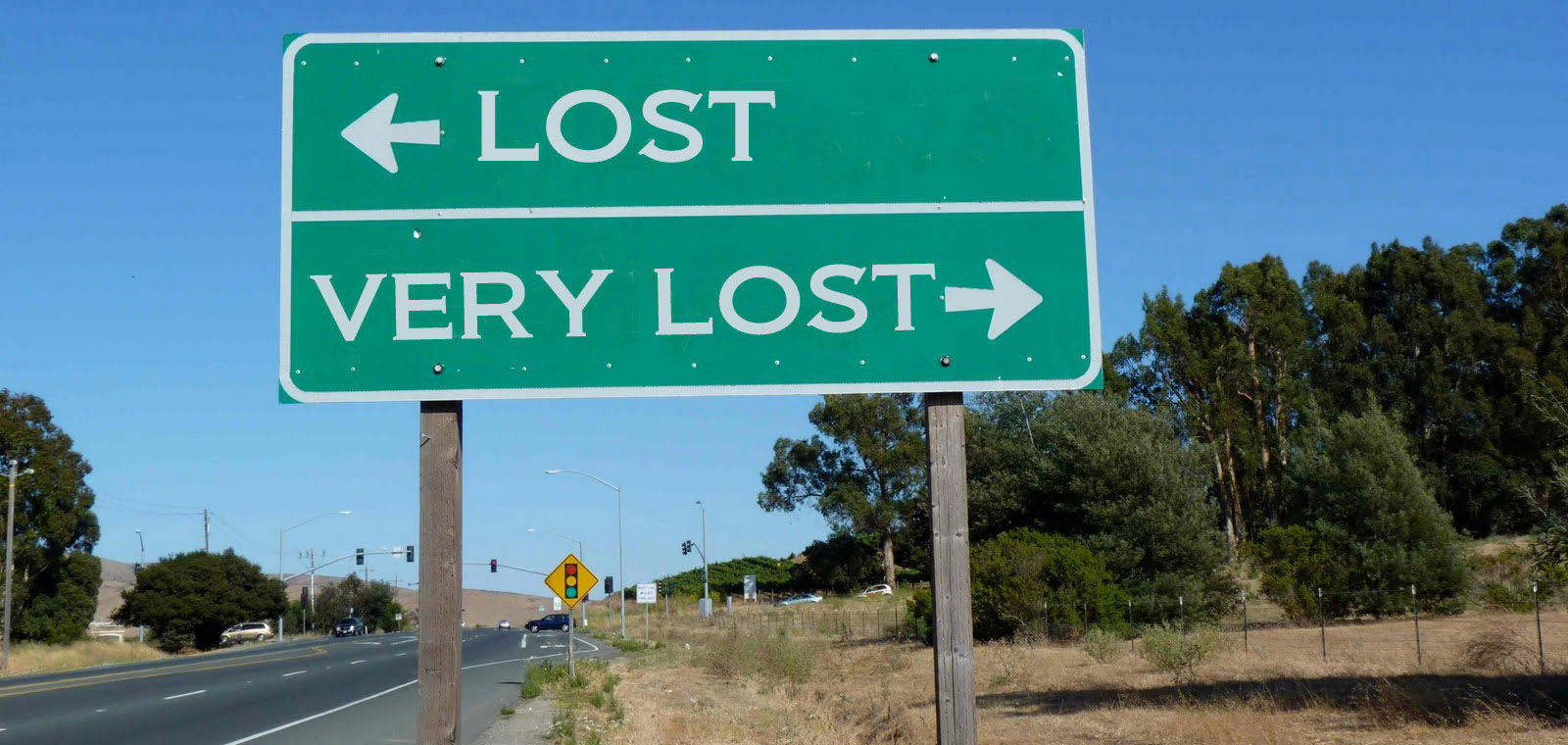This lesson is about the importance of goal setting. I’d like you to think of life as a road trip and think of the goals that you set as a road map. Whenever you get lost or are unsure of where you are on your road trip, or even when you want to change direction, you follow the map. If you ever get lost in life, start setting goals for yourself. Both maps and goals are the keys to make sure that you’re heading in the right direction.
The road map to my recovery has been goal setting. I have learned a lot about goal setting through my journey. I have climbed over many walls and broken through many obstacles by setting goals for myself. They’ve been directing my recovery, now, for over eight years.
My whole journey has been built around my goals. I set goals with every therapist I have ever had. My physiotherapist asked me to set goals, my occupational therapist asked me to set goals, my speech pathologist, exercise physiologist, psychologist, neuropsychologist; they all asked me to set goals. So, that’s what I did. I didn’t just set end goals however, I set short-term and long-term goals, 1-month, 3-month and 6-month goals. I even set 1-year, 3-year and 5-year goals.
Goals were my roadmap to success and they gave me a path to follow when I was battling depression. Setting and achieving goals became my new drug. I became addicted to achieving things I didn’t think I would be able to.
After only 18 months into my recovery, I successfully managed to go on a trip to the snow. This trip changed my life, and after I got back I started setting even more challenging goals. I decided then and there that my next big goal was to go snowboarding unassisted in Canada. Considering how early it still was in my recovery, most people thought this goal was “cray-cray”. I mean, I had really only just relearned how to wipe my bum on my own, so going on an international expedition did seem a bit farfetched, even to me. However, once I set this stretch goal, my rehab began to be tailored around this goal. In occupational therapy, we did exercises based on public transport, getting in and around the city by reading maps and booking hostels. My speech pathology treatment helped my planning skills and all my physical rehab was focused on helping me to stay on my feet.
One beneficial burden of a brain injury, that I have noticed, is that once I invite something into my mind, it doesn’t leave. Kind of that annoying uncle that you’re waiting on to pass out, after a party, so that you can scrape up and finally go to bed. Once I set my mind on this trip to Canada, I could not stop thinking about it. I thought about it day, I thought about it night, I couldn’t stop thinking about it and the most annoying part was that you couldn’t shut me up about it. I think the worse part about it all, though was that due to my injured brain, the one thing I would have like to do was dream about it, but that couldn’t happen because I don’t dream - well, I didn’t have that ability to remember my dreams at the time, and even now it’s a very rare occasion that I’ll remember them.
I set this goal in mid 2010 and became OBSESSED. Finally, by the end of 2012, I had the opportunity to make my (day)dreams come true. Two and a half years I spend thinking about this trip. Was I ready? Not at all! Was it happing? Absolutely! I worked on these skills continuously in rehab up until the day I left. I didn’t know it, but I was about to embark on the biggest and most badass challenge I would ever face. I was about to travel, solo, to the other side of the world with a whole backpack full of fears. My brain injury presented me with endless mental, emotional and physical challenges, but with the right mindset I was able to overcome each and every one of them.
Not only did I make it Canada to go snowboarding but I also visited 27 other countries around the world, returning back to Melbourne, Australia 18 months later. I did what many people feared that I wouldn’t be able to do by successfully backpacking solo around the world for 18 months with an extremely serious brain injury! All because I stepped out of my comfort zone.
There are two levels that we can set the bar in life at and where you set the bar will ultimately determine the outcome that you achieve. If you’re just after an outcome that will keep you safe, you can set the bar low, but if you’re after an outcome that will change your life, you can set the bar high. The choice is ultimately yours, and each level that you set it at does have pros and cons.
If you set the bar at a level that you know you can achieve, you will experience the gratification that comes with a small achievement. I did this after my accident, and I was initially happy enough setting small attainable goals in rehab. They were in fact needed to help build my confidence. I never really set any personal goals that challenged me however, partly, because I was too afraid of failing and looking bad. But after a short period of time, I began to realise that I was not making much progress anymore.
The only way to make real progress in anything is when you challenge yourself and step out of your comfort zone. With my mindset in the right place after that initial weekend at the snow, I started setting the bar higher. ‘Higher’ for me meant traveling around the world solo. Yes, it was scary, and it was also a big stretch from my capacities at the time when I set it. But I did it, and it is something that I will always cherish and hopefully never forget. By daring to dream, I set my mind on my goal and kept working towards it until it was achieved.
With that in mind, I want you to think about this for just a moment: what are your goals, and where do you set the bar in your life?





